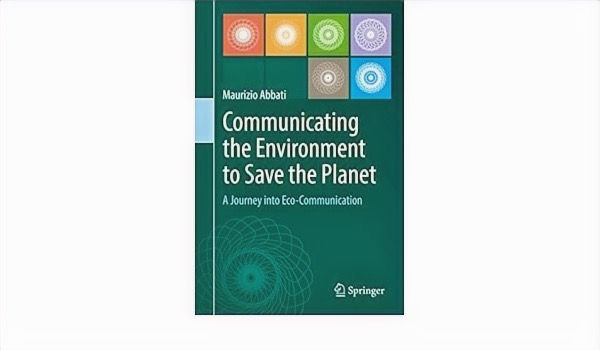Since 1970, it has been representing a prior scientific, technical and legal tool about sea protection and prevention of marine pollution, in a relevant geographical area as for biodiversity. The International Agreement RAMOGE (acronym for St. RAphael, MOnaco and GEnova) created by the will of H.S.H. Prince Rainier III, still based in Monaco, is extremely useful and effective through the RAMOGEPOL Plan (1993). Since springtime 2016, RAMOGE has launched a unique International Photography Competition. The 2024 edition has just been launched (February the 15th). Entitled "SOFTENING - Man and the Sea", the contest, under the umbrella of the International Federation of Photographic Art - FIAP, is open to both professionals and amateurs who can send their photos for free through RAMOGE website until the 15th September 2024 (midnight).
The main theme is divided in four subcategories: ₋
Category 1: "L'Homme et la Mer" (The Man and the Sea) addressed to pictures taken in the Mediterranean Basin.
Category 2: "Zone RAMOGE" (RAMOGE Area) addressed to pictures taken between Marseille and La Spezia.
Category 3: "L’Homme et la Mer, le regard des nouvelles générations" (The Man and the Sea, the perspective of the new generations) devoted to young photographers under 25 years old.
Category 4: "Thème Libre" (Free Theme), the open theme category.

All photos will be examined by an international Jury made of:
Riccardo Busi, President of FIAP, Greg Lecoeur, Nature Photographer of
National Geographic, and Sergio Pitamitz, 2016 Environmental photojournalist of
year. The fil rouge of the contest, tailor-made for sea lovers, is to enhance the strong bond between Human Beings and the Mediterranean Sea in every aspect.

Visual Communication boosting eco-awareness.
Frédéric Lambert, semiologist at the French Press Institute (Université de Paris 2, Panthéon Assas) pointed out: "The image has got languages unknown to the reason of the words". Communicating through images is immediate, simple and effective, being able to convey feelings, concepts and values as well as influencing multiple factors and even bringing about social change. Thus, visuals are commonly used on Internet and social media to attract attention, even though the huge number of images on the Net can reduce the 'catalyst' function if not well managed. On the contrary, quality photography can trigger an engaging storytelling in the public, leading them to reflect on important social, economic and environmental issues. All that results from a well established legacy dating back to the eighteen century when the debate on the efficaciousness of environmental photography started, in the footsteps of the iconic portraits of glaciers by Gary Braasch, a renowned photojournalist and writer whose aim was to keep detailed records of natural changes and global warming.
A single shot can include a lot of themes, notably protection of biodiversity and wildlife, environmental impacts, waste management, environment preservation or deterioration, etc. RAMOGE International Photo Contest has already showcased various examples of high-profile visual communication. ***
To participate, please register and submit your photos via the RAMOGE website
__________________________________________
MonacoEcoArt keeps its journalism open to all although its information is the result of pure professionalism and knowledge. Supporting our Media allows us to keep our independence while offering quality contents based on traceable sources. Thank you for your collaboration.

By Maurice Abbati
Journalist; Editor; Communication, Media and Public Relations Specialist.
Lecturer and Author in English language of Technical Articles and the Manual: "Communicating the Environment to Save the Planet, a Journey into Eco-Communication" by Springer International Publishing.




Comments